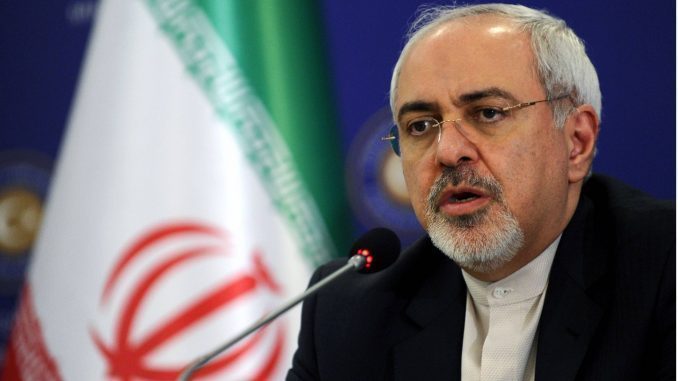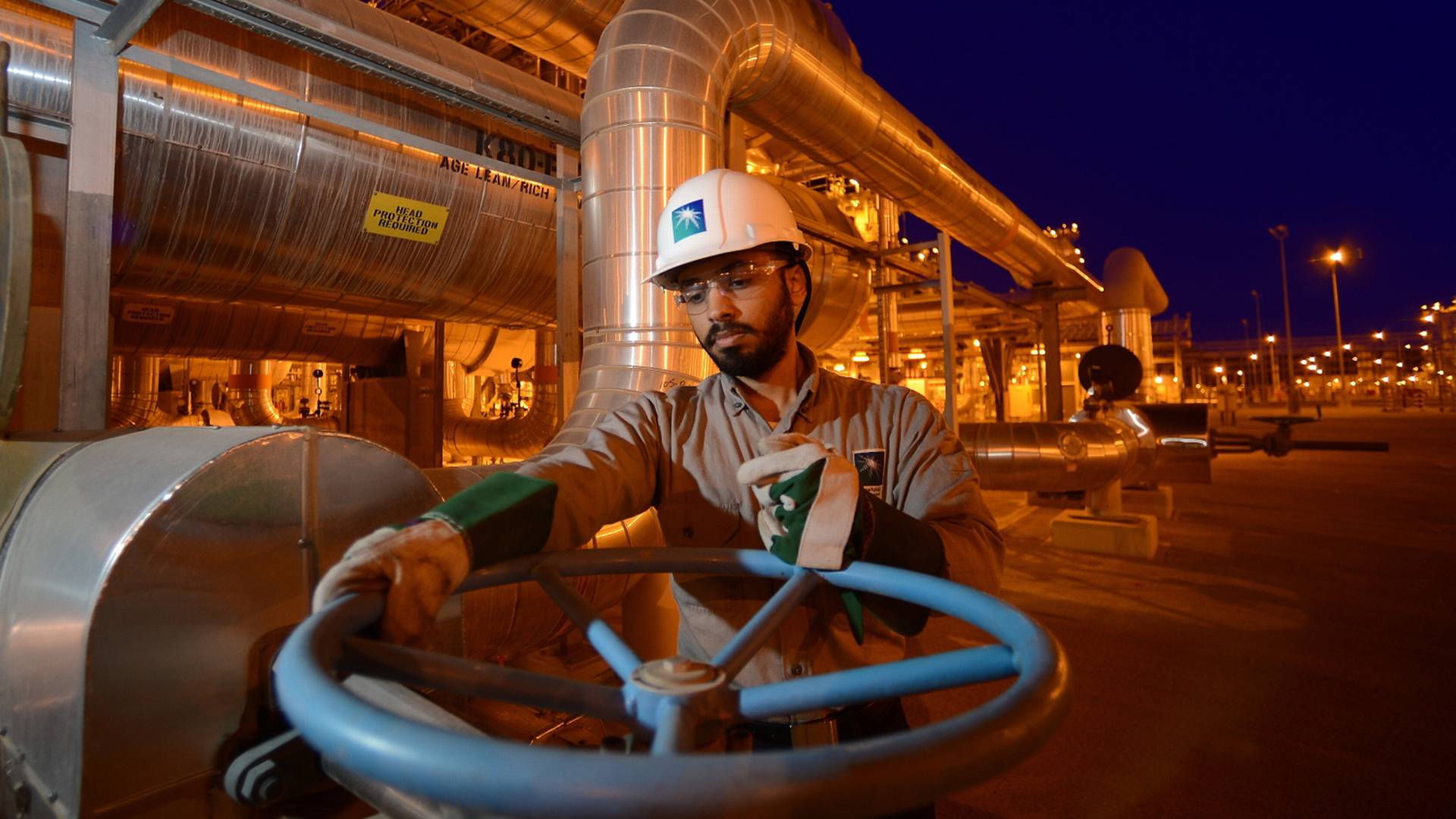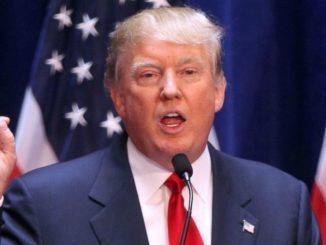
Iran’s Foreign Minister warned that that Tehran is ready to restore its nuclear program if the US fails to live up to its commitments under the July 2015 nuclear deal.
Iran made a historic nuclear deal with P5+1 powers in 2015, in which Tehran agreed to amend its nuclear output in order to lift all nuclear-related economic sanctions, freeing up tens of billions of dollars in oil revenue and frozen assets.
After lifting the sanctions, Iranian president Hassan Rouhani visited Europe and made deals that worth billions of dollars. European companies started looking for investment opportunities in the growing Iranian market.
However, Donald Trump has said during his election campaign that Iran’s nuclear deal as “disastrous” and said it would be his “number one priority” to dismantle it.
These threats became clearer after Trump’s inauguration, as he signed an executive order temporarily barring thousands from seven countries in the Middle East and Africa, including Iran, from obtaining visas to travel to the United States.
The tension was raised again in issues related to Iran’s ballistic program, as he said that “Iran is playing with fire” and announced that “we’re officially putting Iran on notice,” after Iran conducted a failed ballistic missile test.
In addition, Trump declared in January applying sanctions on 25 individuals and companies connected to Iran’s ballistic missile program and those providing support to Iran’s Islamic Revolutionary Guard Corps’ Quds Force.
Recently, US senators said plan to impose new sanctions on Iran over its ballistic missile program, while Israel and Saudi Arabia backed these measures and described Iran as the main sponsor of global “terrorism” and a destabilizing force in the Middle East.
Restoring the Nuclear Program
Speaking to reporters in the central Iranian city of Esfahan on Monday, Zarif threatened to break the nuclear deal.
“Iran is fully prepared to return to the pre-JCPOA situation or even [to conditions] more robust than that if the US reneges on its promises to the extent that the JCPOA’s continuation harms our national interests,” Zarif said.
Zarif said Iran was “committed to the promises it has made” and that the regime’s supreme leader Ali Khamenei had stipulated that Iran “is not to break them,” according to the official Islamic Republic News Agency.
But, he warned, it could do so very quickly if the agreement falls through, and the restored nuclear program would be more advanced that the one mostly frozen by the 2015 deal.
“During the past couple of months, with the efforts made by skilled Iranian scientists and experts, we have succeeded [in making] operational the most advanced centrifuges, that were just an idea at the time of approving the JCPOA,” Zarif was quoted as saying, adding, “At present, we possess the know-how to manufacture and use centrifuges with [an enrichment] capacity 20 times more than that of previous centrifuges.”
He accused the US of repeatedly failing to fulfill its commitments under the deal, but said “pursuing the JCPOA is still justifiable for Iran” for economic reasons.
Threats never work with Iran
Zarif said previously that the recent US bans imposed on Iran, the first by the US government since President Trump took office on January 20, and said sanctions would never work with Iran
“Everybody [in] the past who has tested Iran knows we don’t respond well to threats. We respond well to mutual respect and mutual interests,” the Iranian foreign minister added.
He noted that all efforts by the Obama administration to use economic sanctions to curtail Iran’s peaceful nuclear program eventually failed.
“The reason Obama came to the negotiating table was because sanctions did not work,” Zarif said.
“Iran with the backing of the wise participation and support of the great Iranian nation will respond proportionately and reciprocally to any move that targets the interests of the Iranian people,” Zarif said in a statement.
Zarif also said that the nuclear deal will stay in place, despite noises to the contrary from members of US President Donald Trump’s administration.
Zarif added that there was an international consensus not to let the agreement — which took two years to negotiate — unravel.
“I believe everybody, including experts in the United States, knows this was the best deal possible for all concerned, not just Iran but the US too,” he said.
“It was a triumph of diplomacy over coercion because coercion doesn’t work anymore.”



